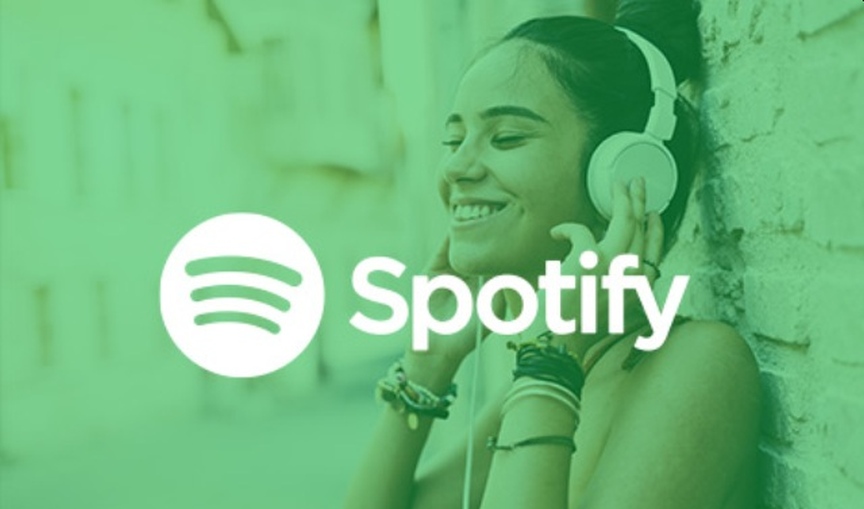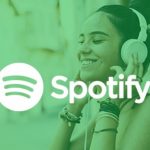Spotify finally breaks silence about why it chose Joe Rogan over Singer Neil Young and explains its decision to let Joe Rogan remain on its platform

Joe Rogan is the world’s most popular podcaster. He made name for himself interviewing major guests, including Tesla CEO Elon Musk. The Joe Rogan Experience podcast, which is hosted on the Spotify platform, reaches an estimated 11 million people per episode. In early January, Joe Rogan invited ‘mRNA Inventor’ Dr. Robert Malone to his show after he was suspended on Twitter for alleged ”misinformation” after he said in a tweet that “Pfizer mRNA vaccine does more harm than good.”
Then last week, rocker Neil Young posted a letter on his website demanding that his music be removed from Spotify in response to “fake information about vaccines” on the platform. Young singled out Rogan because he had allowed Dr. Malone to appear on his podcast show. In his letter to Spotify, Neil Young wrote: “They can have Rogan or Young. Not both.” Spotify later pulled Neil Young’s music following Joe Rogan’s dispute. Young was later joined by Joni Mitchell who also demanded that Rogan be removed from Spotify.
After about a week of silence, Spotify finally responded on Sunday about why it chose Joe Rogan over Singer Neil Young and explains its decision to let Joe Rogan remain on its platform. In a news release, Spotify announced slight changes to its policies around content concerning covid-19, after facing a week of criticism for allowing its creators — particularly podcaster Joe Rogan — to spread misinformation about the pandemic.
“You’ve had a lot of questions over the last few days about our platform policies and the lines we have drawn between what is acceptable and what is not,” Spotify CEO Daniel Ek wrote in a news release. “We have had rules in place for many years but admittedly, we haven’t been transparent around the policies that guide our content more broadly.”
The new changes include publicly publishing the company’s internal rules for what is allowed on the platform, “testing ways to highlight” those rules to its creators and “working to add a content advisory to any podcast episode that includes a discussion about COVID-19.”
“We know we have a critical role to play in supporting creator expression while balancing it with the safety of our users,” Ek wrote. “In that role, it is important to me that we don’t take on the position of being content censor while also making sure that there are rules in place and consequences for those who violate them.”
Founded in 2006 by Daniel Ek and Martin Lorentzon, Spotify is one of the world’s most popular music streaming services, with 356 million monthly active users, including about 200 million premium subscribers.
Below is the entire news release.
A decade ago, we created Spotify to enable the work of creators around the world to be heard and enjoyed by listeners around the world. To our very core, we believe that listening is everything. Pick almost any issue and you will find people and opinions on either side of it. Personally, there are plenty of individuals and views on Spotify that I disagree with strongly. We know we have a critical role to play in supporting creator expression while balancing it with the safety of our users. In that role, it is important to me that we don’t take on the position of being content censor while also making sure that there are rules in place and consequences for those who violate them.
You’ve had a lot of questions over the last few days about our platform policies and the lines we have drawn between what is acceptable and what is not. We have had rules in place for many years but admittedly, we haven’t been transparent around the policies that guide our content more broadly. This, in turn, led to questions around their application to serious issues including COVID-19.
Based on the feedback over the last several weeks, it’s become clear to me that we have an obligation to do more to provide balance and access to widely-accepted information from the medical and scientific communities guiding us through this unprecedented time. These issues are incredibly complex. We’ve heard you – especially those from the medical and scientific communities – and are taking the following steps:
- Today we are publishing our long-standing Platform Rules. These policies were developed by our internal team in concert with a number of outside experts and are updated regularly to reflect the changing safety landscape. These are rules of the road to guide all of our creators—from those we work with exclusively to those whose work is shared across multiple platforms. You can now find them on our newsroom, and they’ll live permanently on the main Spotify website. They are being localized into various languages to help our users understand how Spotify assesses all content on our platform.
- We are working to add a content advisory to any podcast episode that includes a discussion about COVID-19. This advisory will direct listeners to our dedicated COVID-19 Hub, a resource that provides easy access to data-driven facts, up-to-date information as shared by scientists, physicians, academics and public health authorities around the world, as well as links to trusted sources. This new effort to combat misinformation will roll out to countries around the world in the coming days. To our knowledge, this content advisory is the first of its kind by a major podcast platform.
- We will also begin testing ways to highlight our Platform Rules in our creator and publisher tools to raise awareness around what’s acceptable and help creators understand their accountability for the content they post on our platform. This is in addition to the terms that creators and publishers agree to governing their use of our services.
I want you to know that from the very first days of the pandemic, Spotify has been biased toward action. We launched a variety of educational resources and campaigns to raise awareness and we developed and promoted a global COVID-19 Information Hub. We donated ad inventory to various organizations for vaccine awareness, funds to the World Health Organization and COVID-19 Vaccines Global Access (COVAX) to increase vaccine equity and supported the Go Give One fundraising campaign. And we established a music relief project to support the creative community. While this is not a complete list, I hope it gives you a sense of how seriously we’ve approached the pandemic as a company.
I trust our policies, the research and expertise that inform their development, and our aspiration to apply them in a way that allows for broad debate and discussion, within the lines. We take this seriously and will continue to partner with experts and invest heavily in our platform functionality and product capabilities for the benefit of creators and listeners alike. That doesn’t mean that we always get it right, but we are committed to learning, growing and evolving.
Daniel

